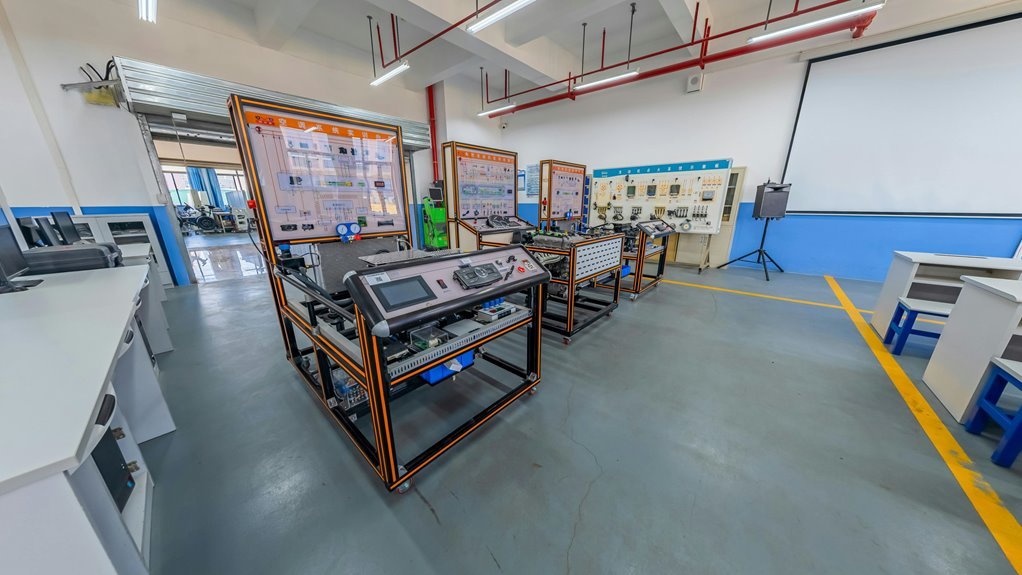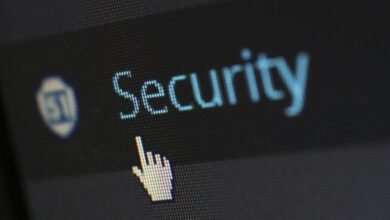The Signal Verification Institute plays a crucial role in maintaining information integrity. Its methodologies focus on rigorous data validation and algorithmic checks, aiming to counteract misinformation. The impact of these efforts extends beyond mere fact-checking; they enhance the overall reliability of information sources. However, the question remains: how effectively does the Institute foster informed discourse among individuals in an increasingly complex media landscape?
Mission of the Signal Verification Institute
The mission of the Signal Verification Institute is to enhance the integrity and reliability of information dissemination in various sectors.
The organization’s mission objectives focus on implementing robust verification strategies that counter misinformation and promote transparency.
Methodologies for Ensuring Accuracy
While misinformation proliferates across various platforms, employing rigorous methodologies for ensuring accuracy is essential for maintaining the integrity of information.
Effective data validation techniques, including cross-referencing and algorithmic checks, are crucial. Additionally, robust quality assurance processes help identify errors and inconsistencies.
Impact on Information Reliability
A significant impact on information reliability arises from the implementation of rigorous methodologies designed to verify accuracy.
These practices enhance information integrity by ensuring that data authenticity is maintained throughout the verification process.
As stakeholders increasingly demand credible information, the effectiveness of these methodologies becomes paramount, fostering trust in the accuracy and reliability of disseminated data.
Ultimately, this empowers informed decision-making in various contexts.
Fostering Informed Discourse
Building upon the importance of rigorous methodologies in verifying information accuracy, fostering informed discourse emerges as a critical component in the landscape of communication.
Effective fact checking strategies and enhanced media literacy empower individuals to discern credible sources from misinformation. This cultivation of critical thinking not only enriches public dialogue but also promotes a well-informed citizenry capable of engaging in thoughtful discussions about pressing societal issues.
Conclusion
In an age where misinformation can spread as swiftly as wildfire, the Signal Verification Institute stands as a beacon of integrity amidst chaos. Coincidentally, its rigorous methodologies align perfectly with the growing need for reliable information, creating a ripple effect that enhances societal trust. By championing data accuracy and fostering critical thinking, the Institute not only combats misinformation but also inadvertently cultivates a culture of informed discourse, illustrating the profound interconnectedness of truth, trust, and communication in modern society.





